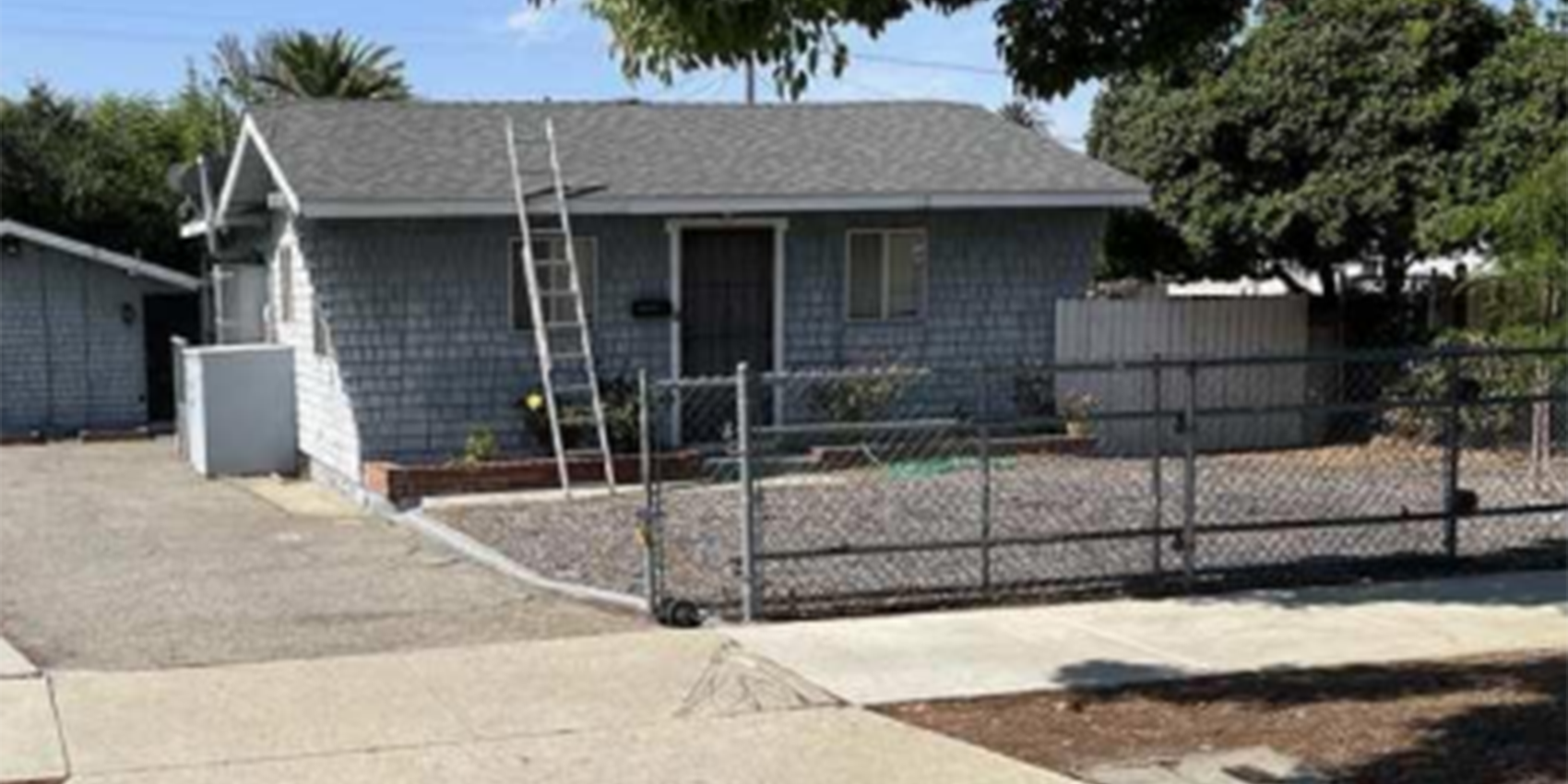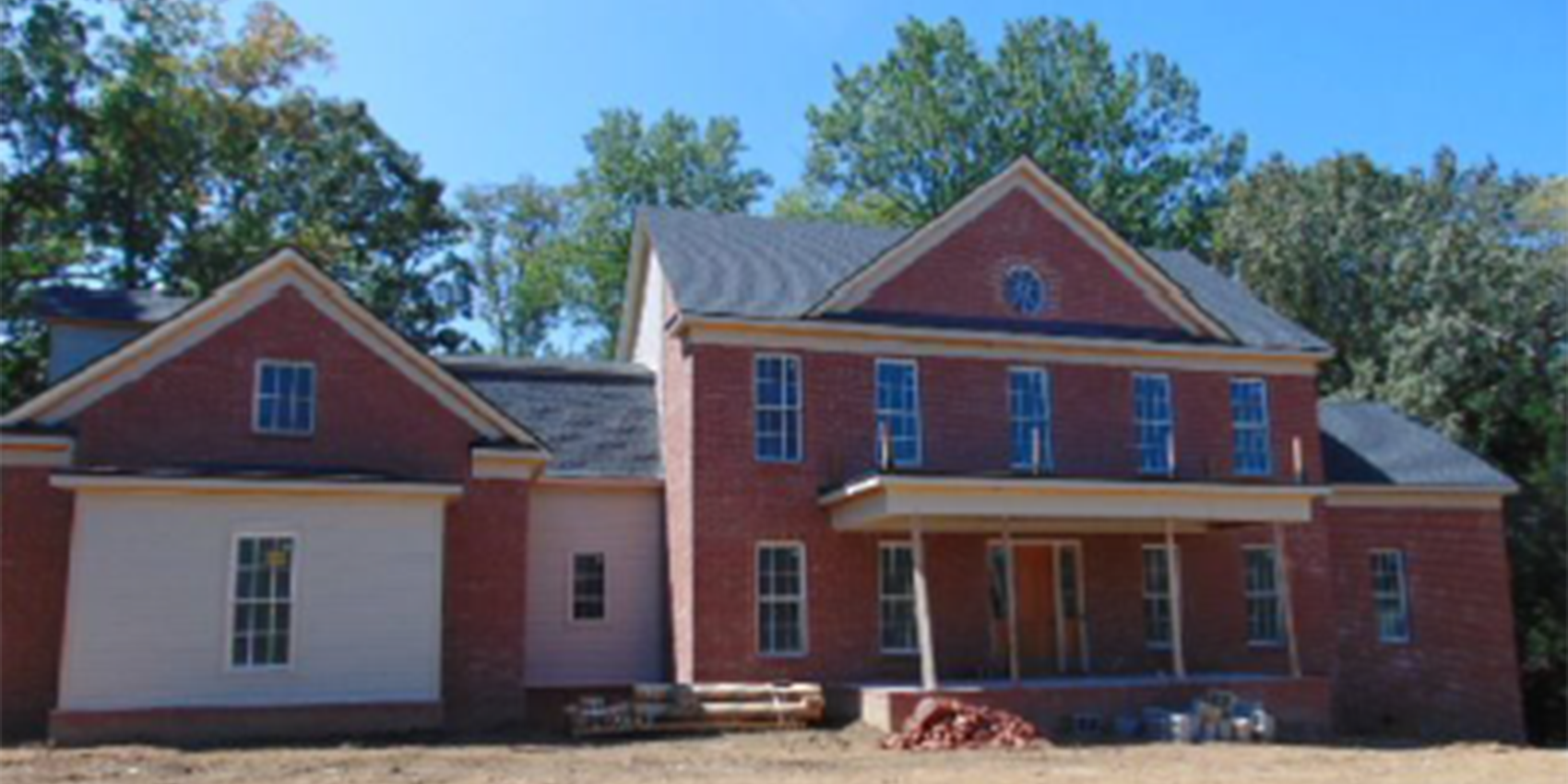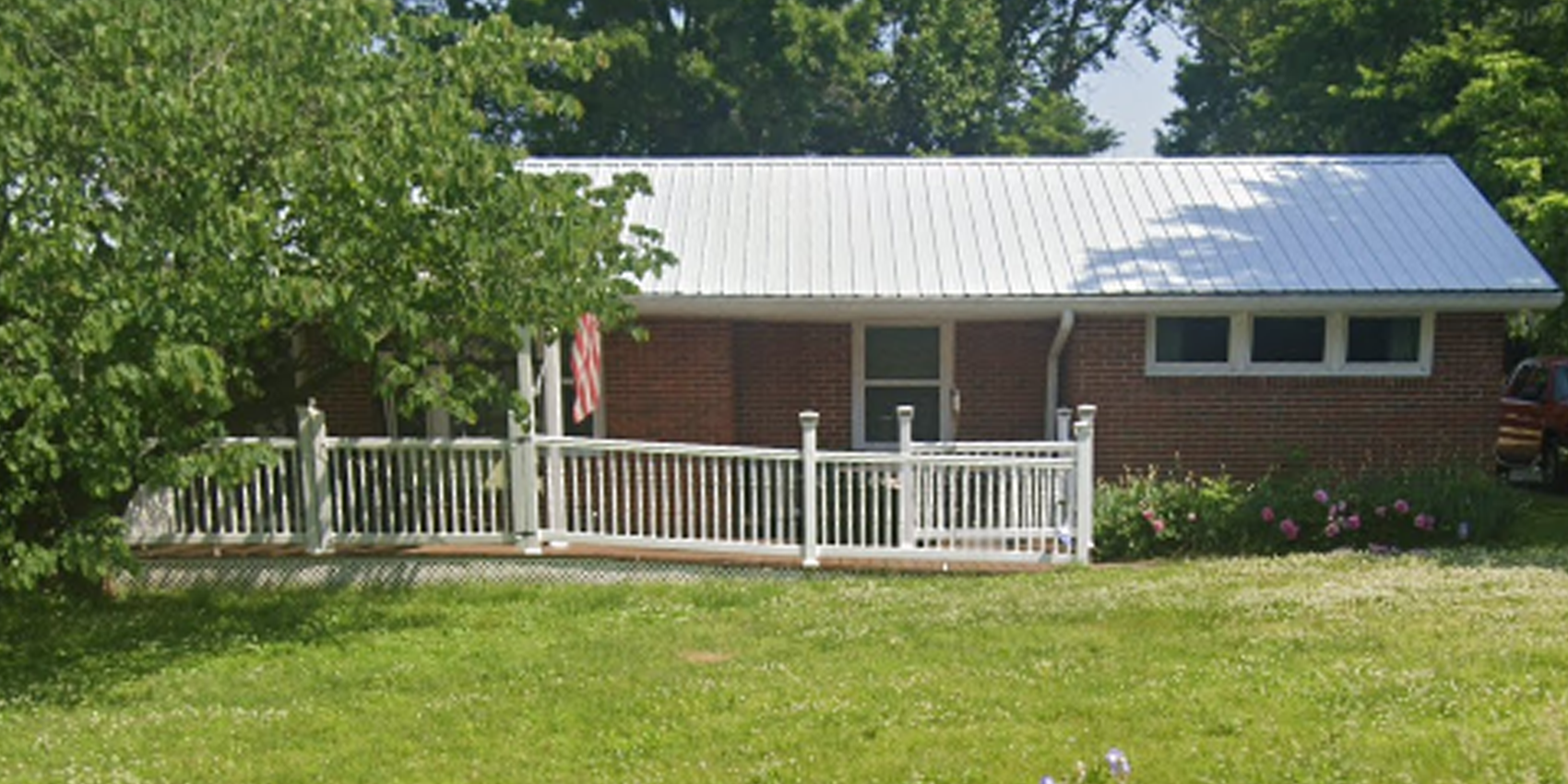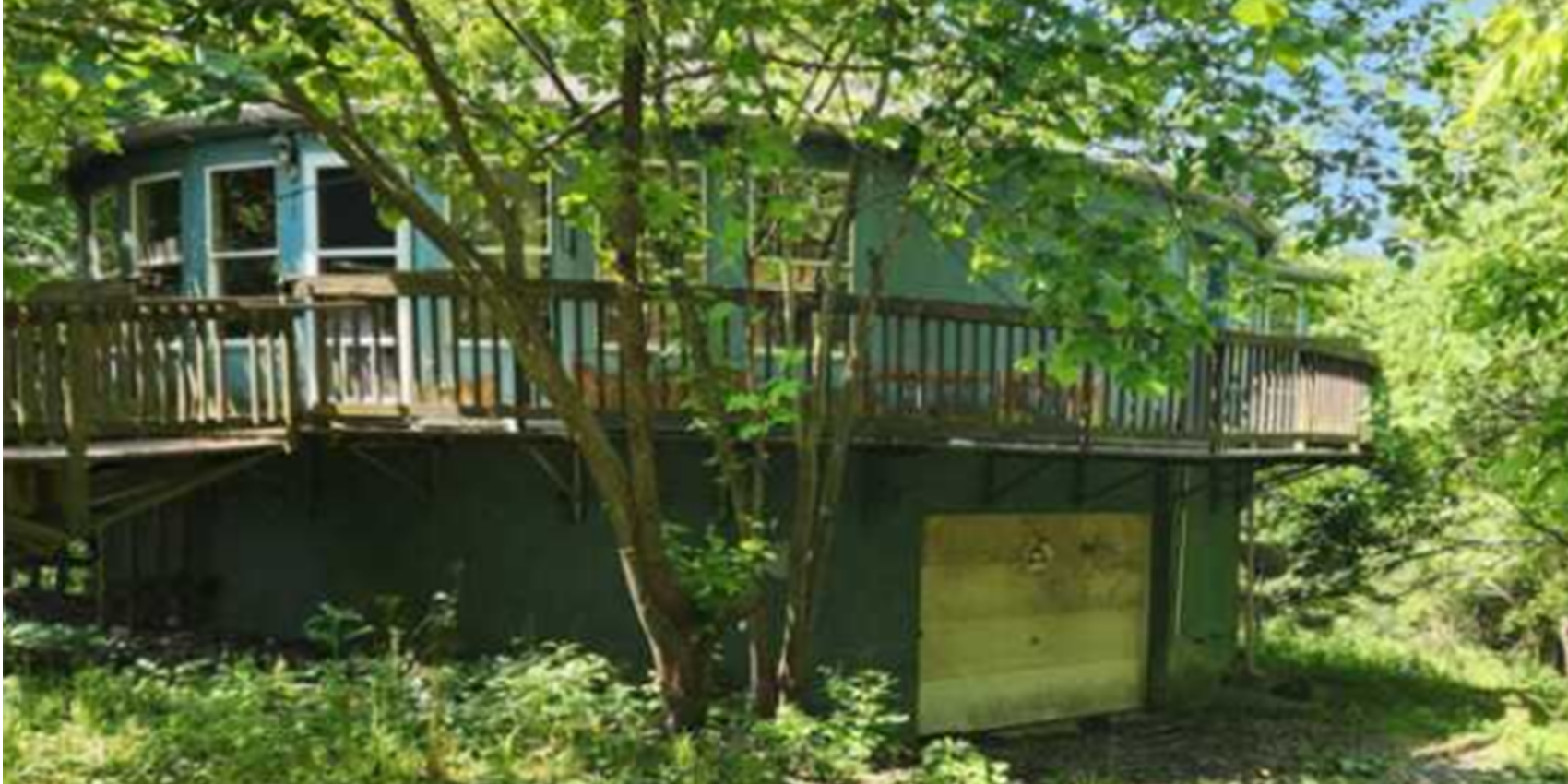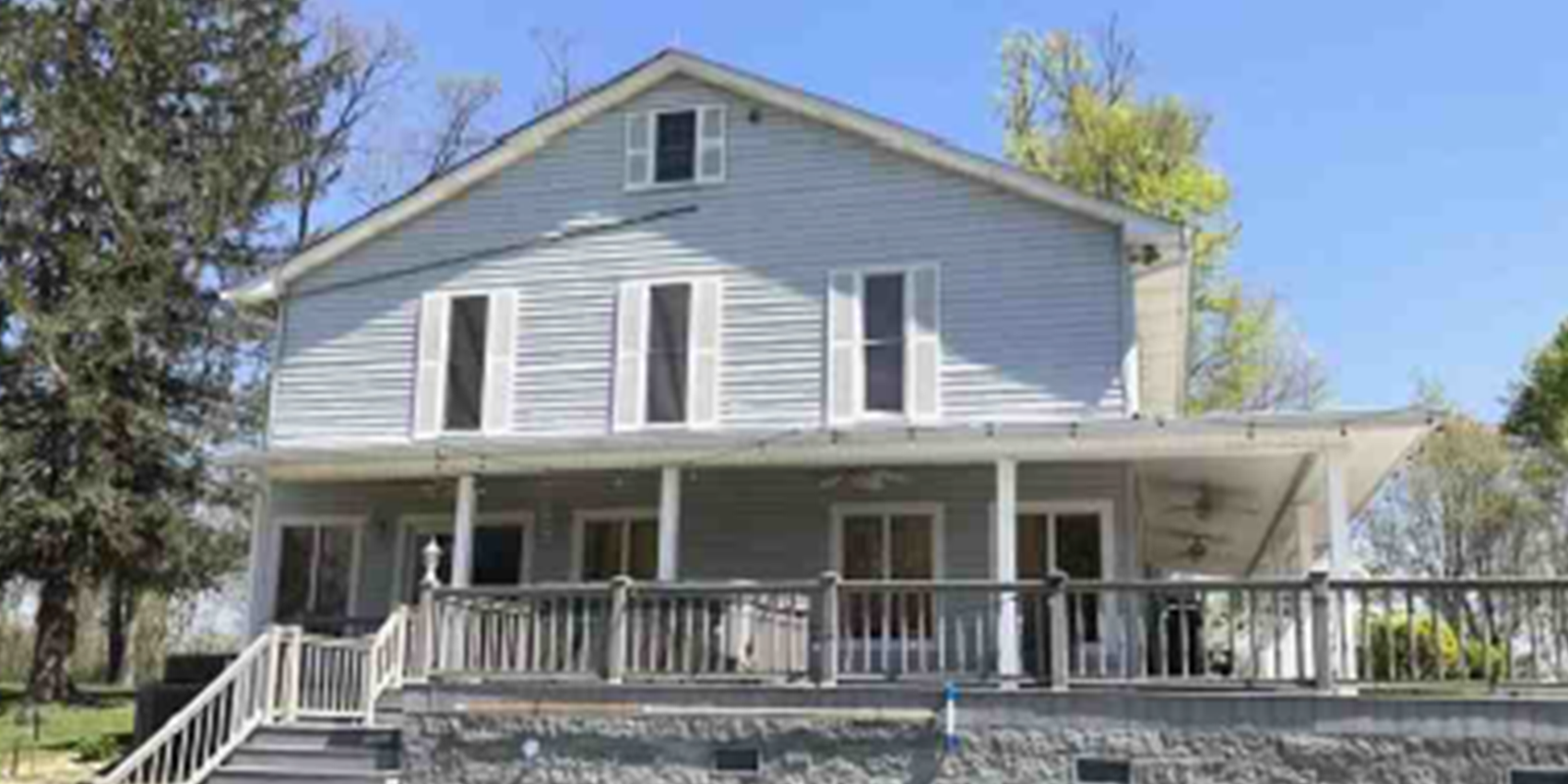Several weeks have gone by since the lockdown began and people are beginning to get weary of isolation and trying to get by in a completely different dynamic than where they were just days ago.
People are still getting sick and still going to hospitals; supply chains are disrupted; joblessness is still rampant and the bottom seems ready to drop out of the real estate market. What’s a real estate investor to do? Become a hero, that’s what.
Let’s look over some of the details of the economy and review what could happen with distressed assets.

Hardest hit areas are those with the highest density: hotels, restaurants, office buildings and retail, to name a few. When these businesses closed down, millions of people lost their jobs. They were the work-a-day laborers who depended on their jobs for all of their income and usually lived paycheck to paycheck. They also are part of the 93% of households that can’t afford an unexpected expense over $400. They were the home renters and their bosses were commercial renters.
Next in line are those who own the buildings where the offices were and the shops where retailers rented. After that, the developers who could no longer build were affected as the supply chains were disrupted and they laid off their employees. According to PIonline.com, there is “distress for every property type in all locations as a result of COVID-19.”
The Feds are supporting agency mortgage backed securities (MBS) (Ginny Mae, Fannie Mae, Freddie Mac), but banks are not doing quite the same with non-agency MBS and instead are issuing margin calls which are driving down prices for these MBS, and that, in turn, spikes a vicious downward spiral for mortgage REITs, according to the Wall Street Journal.
The amount of distressed debt has grown over 400% in the last few weeks to nearly $1 trillion. Add this to the collapse of oil prices and the fact that entire industries have been rocked to the core and we have either a great big mess on our hands, or a great big opportunity. Investors are looking for the calm in the Coronavirus storm and U.S. real estate appears to be it, according to CNBC.
Distressed properties will be ripe for the picking during this time and likely into the third quarter this year. Remember, distressed properties are assets that are being sold because the owner is forced into it by circumstances. These properties usually sell far below their perceived value, making them an attractive investment.
Paradyme has activated its Real Estate Impact Fund to take the mess and turn it into an excellent opportunity. The fund, open to accredited investors, will focus on single-family housing, multi-family housing, and commercial, retail, office and industrial properties, plus vacant land. The 5-year, $100 million fund will target domestic product and is set to make a 14% internal rate of return.
“This is an excellent opportunity to directly participate in the restructuring and recovery process of the real estate market,” said Paradyme CEO Ryan Garland. In other words, here’s your chance to be a real estate hero.
This pandemic crisis is not like the 2008 recession, which was caused by internal problems in the housing and mortgage industries. 2020 is projected to have a very short recession (although admittedly deep cut), with a quick and steep recovery. The second half of this year should see considerable recovery.
However, the real estate industry will need significant shoring up; it will need an infusion of stable, steady dollars to help it recover. Those who are ready to step in and make that happen will probably realize a meaningful return on their efforts. They will be the new heroes.
Ready to don your superhero cape? Call Paradyme and learn more about investing in the Real Estate Impact Fund and become someone who is helping our economy recover more quickly than it could otherwise.
* As with any investment, there are risks. Please ask what these are.



